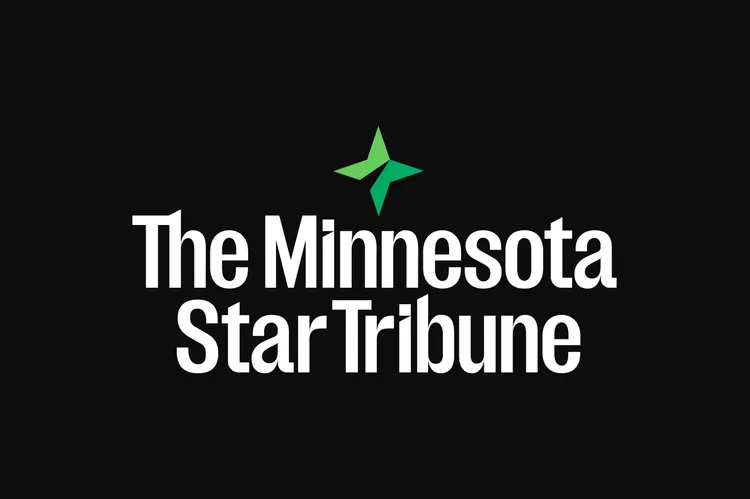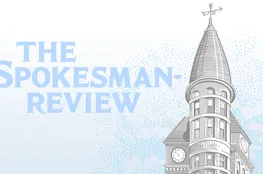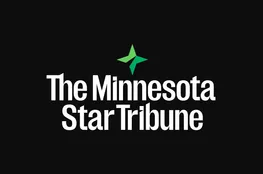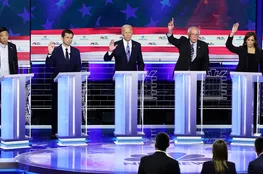More than 150 school board members from across Minnesota have signed a letter calling on the state to comply with a federal mandate that forbids transgender athletes from competing in high school girls sports. After almost two days of circulation, the number of signees rose to about 7% of the state’s school board members on Tuesday, including large chunks of the boards in Lakeville, Anoka-Hennepin and Farmington districts, as well as a director of the Minnesota School Boards Association. While only one school board has formally pressed the Minnesota State High School League (MSHSL) to bar transgender athletes from participating in girls sports, the letter and interviews with board members suggest growing local unease about Minnesota’s policy and its standoff with the federal government. Last week, the U.S. Department of Education said Minnesota’s policies on transgender athletes violate Title IX, the federal law prohibiting gender discrimination in education programs. Officials warned that Minnesota could lose federal education funding if the state Department of Education and the MSHSL don’t change their policies by Friday. Apart from raising concerns over the potential loss of federal funding, the letter argues that transgender athletes have an unfair physical advantage — a perspective that gender equity advocates say advances harmful stereotypes about women. "Protecting fairness in women’s sports is paramount," the letter read. Still, in interviews, those who circulated and signed the letter said they chose to do so primarily because their school districts were already struggling financially and could not weather a multimillion-dollar loss in federal funding. "Every dollar really counts," said Matt Swanson, chair of the Lakeville school board, who was a signee. "It’s a funding issue. I’m not trying to get on the soapbox." But in a response Tuesday to the members’ letter, state Attorney General Keith Ellison said complying with the federal government’s "bullying of transgender kids" would violate the Minnesota Human Rights Act. "Letting the very small number of transgender students in Minnesota play on their school sports teams doesn’t harm anyone, but segregrating them does," he said.
The board members’ letter was also slammed by Jess Braverman, the legal director for Gender Justice, a St. Paul nonprofit that advocates for gender equity. She said courts have interpreted Title IX to require inclusion for transgender students. "It’s really disheartening that so many adults are joining forces to discriminate against a small and vulnerable population of girls," she said.
Financial risk Lisa Atkinson, the main organizer behind the letter and a board member of the Prior Lake-Savage Area Schools, said Minnesota could lose $1.5 billion in funding if the state doesn’t change its policies. "Public school funding is scarce," she said. "We are in a really tough situation." Three members of the Farmington school board who signed the letter, Kyle Christensen, Becky DeWilde and Melissa Gorman, told the Minnesota Star Tribune their district is already facing a steep uphill financial battle. Gorman said the district has a projected budget deficit next year of $4 million. After failing the last two years, the district is once again asking voters this November to approve a property tax increase to cover the gap. If it fails, it could mean closing an elementary school and extracurricular programs. "For me personally, it is mostly about the funding," Gorman said. "It’s not a debate about trans rights, it’s a debate about student rights." Atkinson said she began closely following the policy conflict between Minnesota and the federal government in February, when a federal investigation into the MSHSL’s transgender policies was announced. She said she spoke out about potential funding issues at a board meeting this summer, and it grabbed the attention of other school officials across the state, who then began coordinating. The U.S. Department of Education’s 10-day timeline created more urgency. Last week, the Forest Lake school board voted to approve a letter to Minnesota officials urging their compliance with the federal policy. Minnesota’s Department of Education has said it is reviewing the directive from the U.S. Department of Education. The MSHSL didn’t return requests for comment Tuesday. Michelle Langenfeld, the north metro director of the Minnesota School Boards Association and director of the Anoka-Hennepin School Board, was one of the signatories. The association, which has about 2,150 members from more than 300 districts, didn’t comment on the letter Tuesday. ‘Extremely harmful’ The Centers for Disease Control and Prevention has recommended schools create safer and more supportive environments for transgender and gender-questioning students, citing data showing those groups experience higher rates of bullying, truancy, depression and attempted suicide. "Telling a small group of kids, ‘you don’t belong here’ is extremely harmful, it’s extremely dangerous, and it has a very negative effect on people’s mental and physical well-being, which is the exact opposite of what sports are supposed to provide to people,” Braverman said.
When asked for their thoughts on what complying with the federal government’s demands would mean for transgender students, school board members spoke about trusting federal civil rights laws and policies to protect all students. "I understand those concerns, I want to encourage support for those kids," said Christensen, the chair of the Farmington Area Public Schools Board. "But at the same time it’s difficult to also then encourage infringing on the rights [of others]." Atkinson said it is up to the MSHSL to figure out how to comply with federal law and protect transgender youth, "because they deserve the same opportunities as other students." In May, several Maple Grove and Farmington high school softball players filed a lawsuit against Ellison and other state leaders saying Minnesota policy creates an uneven playing field for female athletes. High school sports participation among girls in states with transgender-inclusive policies remained static from 2011 to 2019, according to the Center for American Progress, which cited data from the CDC. Meanwhile, participation among girls in states with trans-exclusive policies had decreased over the same time. "Transgender girls participate in sports for the same reason as all girls do: for the sense of friendship, camaraderie, for the challenge," Braverman said.
Mara Klecker of the Minnesota Star Tribune contributed to this story.
























